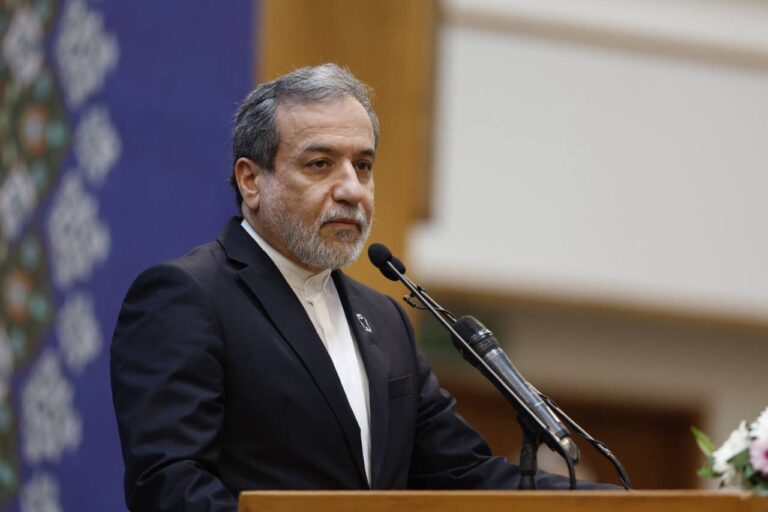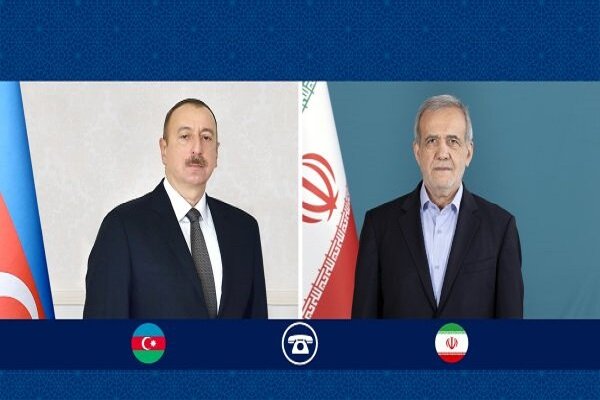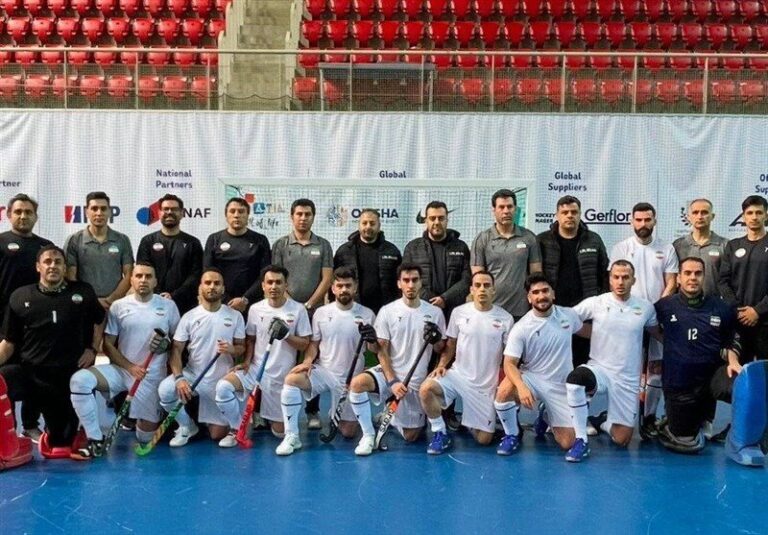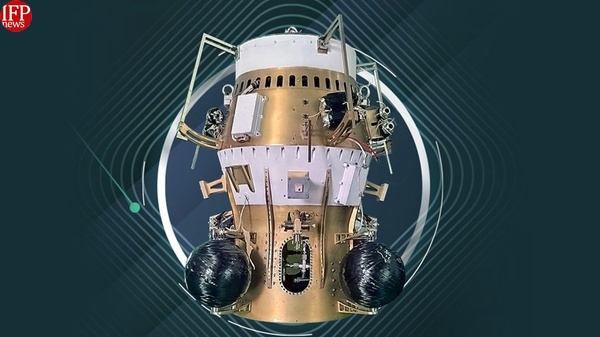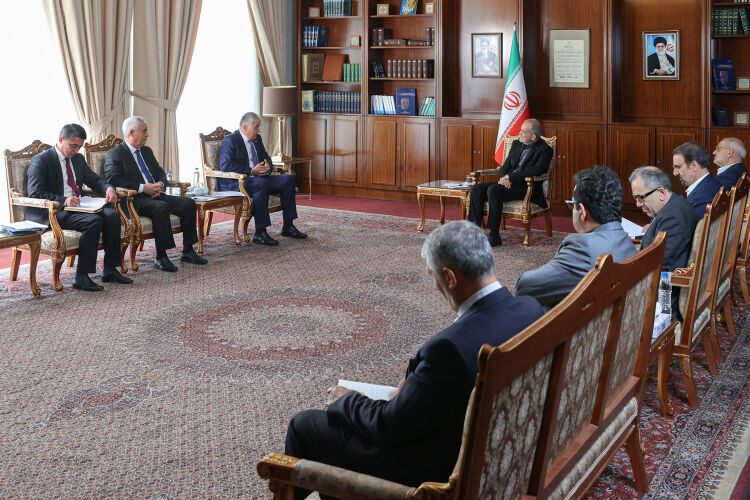Iran Seeks to Strengthen Ties with Kurdistan Region: A New Era of Collaboration
In a significant diplomatic meeting, Ali Akbar Ahmadian, the Secretary of Iran’s Supreme National Security Council, reaffirmed Iran’s commitment to the security and stability of Iraq and the Kurdistan Region. This engagement highlights the importance of fostering strong relationships among neighboring nations in ensuring peace and prosperity.
During his discussion with Nechirvan Barzani, the Head of the Kurdistan Region of Iraq, Ahmadian emphasized that Iran perceives the security of Iraq and its Kurdistan Region as a fundamental principle. He stated that Iran has consistently supported the people of this region, reinforcing the idea that unity and cooperation are vital for a stable future.
Ahmadian remarked, “All ethnic and religious groups in Iraq are considered close brothers to Iran, and they have deep-rooted historical ties with the Iranian people.” This statement underscores the cultural and historical connections shared by Iran and the diverse communities within Iraq.
Barzani, in response, acknowledged the significance of recent diplomatic efforts, particularly the visit by the Iranian president to Iraq and the Kurdistan Region. He noted that this visit marks the beginning of a new chapter of cooperation between the two regions, with the expectation of generating tangible benefits for their peoples.
In light of these discussions, Barzani highlighted several key areas for enhancing bilateral relations:
- Economic Cooperation: Both leaders agreed on the necessity of increasing collaboration in the economic sector, recognizing that mutual benefits can lead to a stronger economic foundation for both regions.
- Security Collaboration: The importance of joint efforts in maintaining security was emphasized, ensuring that both regions work together to combat threats and enhance stability.
- Cultural Exchanges: Barzani suggested that fostering cultural exchanges would further strengthen the ties between the peoples of Iran and Iraq, promoting mutual understanding and respect.
The meeting between Ahmadian and Barzani reflects a broader strategy of enhancing regional cooperation amidst ongoing challenges in the Middle East. By focusing on shared interests and historical connections, both leaders aim to build a more stable and prosperous future for their nations.
Additionally, Barzani expressed optimism about the future, stating that the new chapter of cooperation initiated by these discussions is poised to yield significant benefits for the people of both Iran and the Kurdistan Region. He called for a proactive approach to engage in sectors that can bring about immediate advantages to their citizens.
Furthermore, the dialogue between the two leaders signifies a commitment to addressing various regional issues collaboratively. By recognizing the interdependence of security, economic growth, and cultural understanding, Iran and the Kurdistan Region are taking steps towards a more integrated approach to governance and development.
As regional dynamics continue to evolve, the collaboration between Iran and the Kurdistan Region may serve as a model for other nations seeking to enhance bilateral relations. The emphasis on mutual respect and understanding could pave the way for more robust partnerships across the Middle East.
In conclusion, the discussions led by Ali Akbar Ahmadian and Nechirvan Barzani represent a significant step forward in fostering a cooperative environment that prioritizes the well-being of their peoples. By focusing on key areas such as economic collaboration and security, both leaders are setting the stage for a future characterized by stability and mutual prosperity.
As the situation develops, the impact of these diplomatic efforts will be closely monitored, with the hope that they will yield positive outcomes for both Iran and the Kurdistan Region in the coming years.

